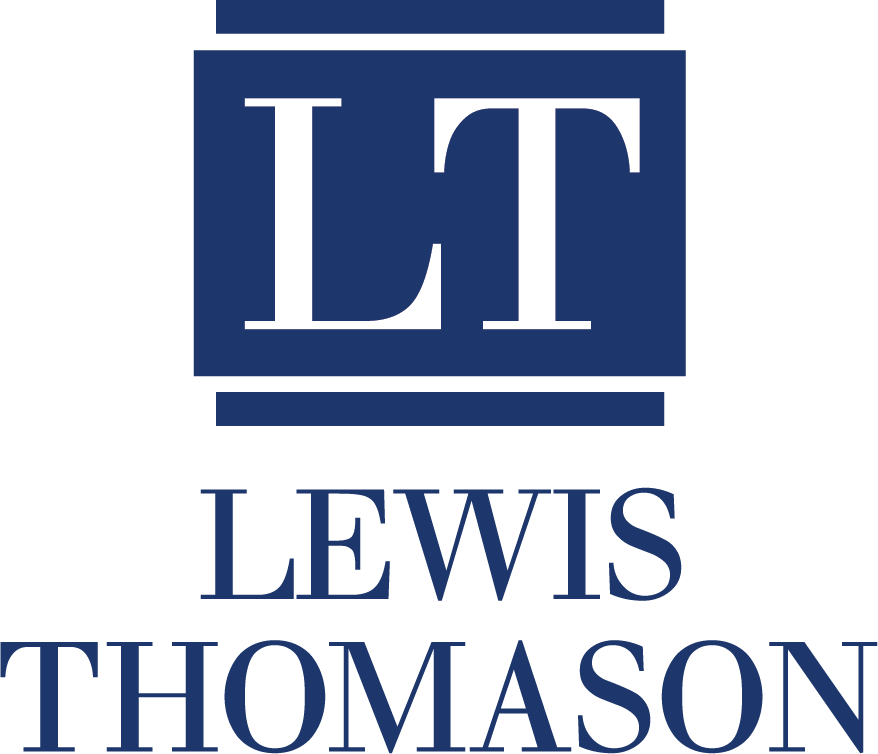Milling about the grounds of the old Camp Montvale in muggy mid-August heat late Sunday afternoon, guests at the second Garden to Gavel dinner enjoyed good music and good food in service of a good cause.
That cause would be the Blount County Youth Court, a four-year-old program that sees local high school students serve as “jurors” in select juvenile court cases.
Blount County Youth Court President Lynn Peterson says the $100-per-plate dinner will help pay for things like classes and counseling for less advantaged respondents — the term for youthful offenders whose cases are heard by the youth court — and for a second-year scholarship program for the jurors themselves.
“Sometimes we have respondents who aren’t as financially capable, who need help paying for driving classes, or counseling, or maybe a drug and alcohol program as part of their sentencing,” Peterson said. “If they’re in need, we’ll help them out with that.”
Part of a nationwide program, youth court came to Tennessee in 2000, and has grown to the point that there are now 26 youth courts in 18 different counties. The courts are established in conjunction with local juvenile court justices, and provide an opportunity for first-time non-violent offenders to bypass ordinary legal channels.
Statewide Executive Director Denise Bentley says the program has benefited jurors and offenders alike since its inception.
“We’ve kept about a 3 percent recidivism rate for the last several years,” she said.
“Our next step now is to start collecting data on the kids who are the jurors. We know anecdotally that a lot of those kids do great things. They end up going to college, then coming home and providing leadership in their home communities. Now we’re going to have data that will actually show what they have accomplished.”
Youth Court came to Blount County four years ago, spearheaded by Peterson as part of the 2013 Leadership Blount class. Every school year, the program coordinators solicit volunteers from area high schools, and choose around 40 jurors to participate in the monthly sessions.
The jurors hear about eight cases per month, ranging from driving offenses to vandalism to minor drug and alcohol cases to shoplifting. The young jurors dispense non-traditional “sentences” according to the principle of restorative justice.
Peterson outlined the three central tenets of restorative justice: “The kids have to accept that they’ve done something wrong. Then we need to give them the skills to do better next time. And then we have to help them reconnect with the community.
“The evidence says that children who are connected with their schools and with their communities are less likely to reoffend. So we try to find some kind of service project. But often it’s a non-traditional form of community service. We try to find something that’s really going to help that individual, something that will stir that child’s passions.”
Last year’s jurors did a little community service of their own Sunday, acting as de facto waiters and waitresses for the Garden to Gavel dinner, a five-course meal catered by Miss Lilly’s in Townsend and consisting mostly of food raised by local farmers.
The dinner featured fragrant main courses of beef tips portabello and tilapia and smoked trout cake, and the evening was soundtracked by the Cats Away acoustic trio on the clubhouse lawn, and the Maryville High String Quartet in the dining hall.
Between chores in the bustling hall, Peterson’s daughter, Katie Cohen, shared some of her experience from three years on the youth court.
“It opens you eyes about other people,” said Cohen, now enrolled in the marketing program at Elon University. “You see these kids and realize they’re just normal people who have made a mistake. It broadened my way of thinking.
“The program gave me skills. It taught me how to ask good questions, and how to be creative in problem solving. The youth court program was a really valuable tool for the jurors, and for the people who came in front of us.”
See the full article in Blount County, The Daily Times by Mike Gibson.
 Lynn Peterson a Lewis Thomason shareholder and a Supreme Court Rule 31 Mediator, practices primarily in the personal injury, workers’ compensation, insurance defense, malpractice, employment law, and general litigation areas of law. She has defended civil rights and municipal liability cases in state and Federal court. Ms. Peterson has been a speaker at workers’ compensation and employment law seminars sponsored by lawyers as well as by employers. She has also participated in in-house training for large employers.
Lynn Peterson a Lewis Thomason shareholder and a Supreme Court Rule 31 Mediator, practices primarily in the personal injury, workers’ compensation, insurance defense, malpractice, employment law, and general litigation areas of law. She has defended civil rights and municipal liability cases in state and Federal court. Ms. Peterson has been a speaker at workers’ compensation and employment law seminars sponsored by lawyers as well as by employers. She has also participated in in-house training for large employers.



